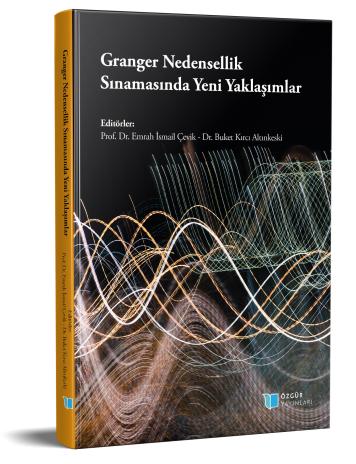
Analysis of the Relationship between Inflation and Consumer Loan Interest Rates in Turkey using the Toda-Yamamoto Causality Method
Chapter from the book:
Çevik,
E.
İ.
&
Kırcı Altınkeski,
B.
(eds.)
2023.
New Approaches in Granger Causality Testing.
Synopsis
Inflation and interest rates are two important macroeconomic variables in monitoring economic activities. Monetary Policy makers can make changes in interest rates to control inflation. Higher interest rates can reduce consumer spending and investment by increasing credit costs, thereby reducing inflation. On the other hand, low inflation rates can increase the risk of deflation in the economy and prevent consumers from spending. In this case, monetary policy makers can lower interest rates and increase consumer spending. This study examines the relationship between inflation rates and consumer loan interest rates in Turkey using by the Toda-Yamamoto (1995) causality test method with monthly data from 2004 to 2022. Empirical findings show that there is no causality relationship in either direction between inflation rates and consumer loan interest rates. There may be several reasons for the lack of a causal relationship between inflation rates and consumer loan interest rates in Turkey. The decrease in the effectiveness of the monetary policy implemented by the Central Bank and the high consumer loan interest rates even though inflation is low due to the high risk premium of the country. Additionally, It may also be that there is no linear relationship between inflation and consumer loan interest rates.

